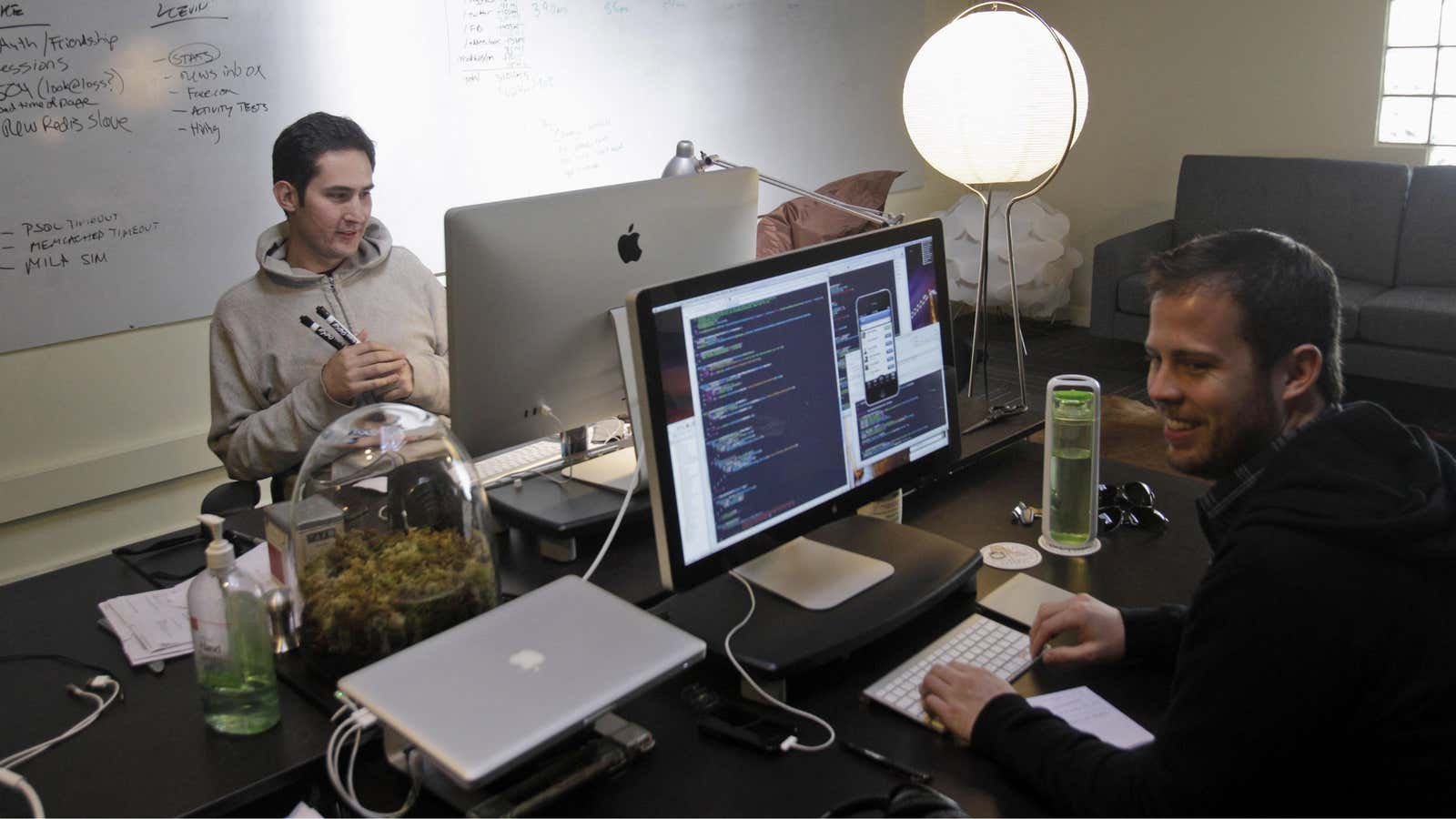Everyone is mad at Instagram. Its overreach on the new terms of service shows that although disruption can be a huge economic opportunity (great adoption results in great valuation on its sale to Facebook!), naivety in the follow-through (Really? No one was going to pay attention to the ToS changes?) can undermine the best intentions in accelerating growth.
So what we are seeing isn’t a sign that free content can only go so far and then it buckles. It’s a sign of inexperience, and the resulting overreach that can blow up in entrepreneurs—and investors’—faces. Such disruption is “noisy” and often accompanied by as much hype as genuine innovation.
It’s a mindset where some entrepreneurs don’t adequately think through the likely and predictable consequences of their actions. That’s what happened at Instagram, a photo-sharing mobile application, which apparently thought that a significant change to its Terms of Service would be ignored by consumers (it wasn’t). It happened at Uber, a taxi-hailing app, which thought that its success in disrupting the San Francisco market (where it is hard to hail a cab on the street and thus Uber provides a huge positive boon) would simply translate to New York City (where it is relatively easy to hail a cab on the street (unless it’s shift change or raining). Uber’s “call to arms” ran smack into the highly regulated New York City Taxi and Limousine Commission.
In contrast, successful disruption is the sort where a market opportunity is so powerfully disruptive and can be executed so skillfully and fluidly, that the old-guard opposing the change barely knows what has hit them until it is too late.
Google, YouTube, and mobile provide plenty of examples. The entire ecosystem lives on free, shared material. Amazon exists because disruptive network technology blew up the previous hard-copy distribution system, with its walled-garden ecosystems for books, broadcasting and music.
Schumpeter’s “creative destruction” cannot necessarily be accelerated by aggressive startup CEOs, fueled by venture capital dollars, disrupting for disruption’s sake. Rather, the most successful startups are those led by CEOs who view disruption like one of the big waves at Mavericks down in Santa Cruz, California, the global surfing mecca. The best startup CEOs are the best “surfers” of disruption. Jeff Bezos, Larry Ellison, Bill Gates, Jim Clark/Marc Andreessen and yes, even Mark Zuckerberg, are among the best “surfers” out there. On this issue, the latter just happened to wipe out.
